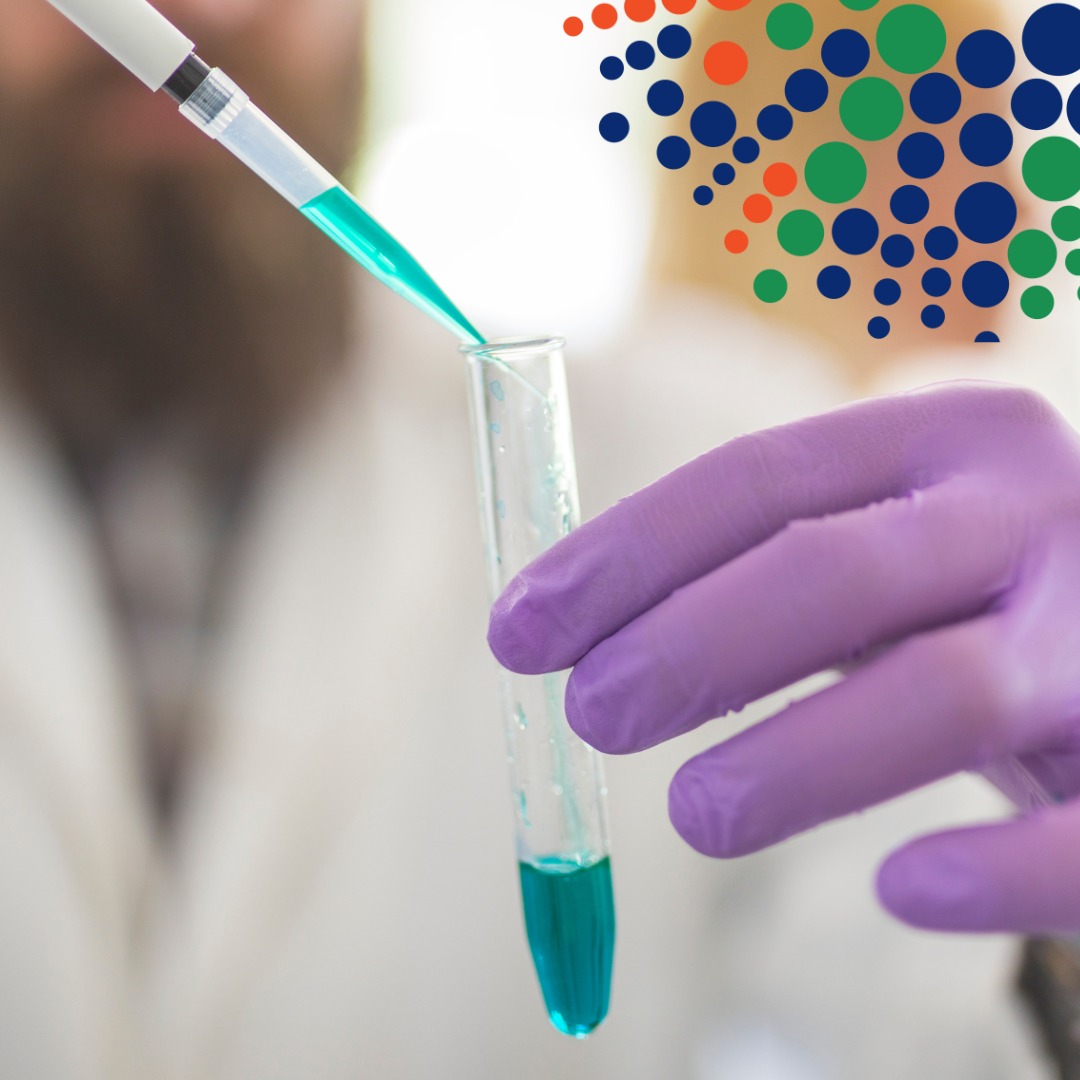
Diabetic Retinopathy
Diabetic retinopathy (DR) is the most common form of vision loss associated with diabetes, affecting approximately one million Canadians. It’s the leading cause of blindness among working-age adults in Canada. Early detection and treatment are crucial to prevent or slow down vision loss.
What is Diabetic Retinopathy?
Diabetic retinopathy occurs when high blood sugar levels damage the small blood vessels in the retina, the light-sensitive tissue at the back of the eye. Over time, this damage can lead to vision problems and even blindness. The types of DR include:
Non-Proliferative Diabetic Retinopathy (NPDR)
NPDR is the early stage of DR. Blood vessels in the retina weaken and may leak fluid or blood. This damage will often lead to dot-like hemorrhages throughout the retina.
Proliferative Diabetic Retinopathy (PDR)
This is an advanced stage of DR. New, abnormal blood vessels grow on the retina, which can bleed into the vitreous cavity, which may present as floaters or spots in one’s vision.
Diabetic Macular Edema (DME)
When left untreated, DR may advance into diabetic macular edema, where damaged blood vessels leak into the macula, the central area of the retina, resulting in blurred vision and dark or distorted images.
Diagnosis & Treatment
Regular eye exams are vital for early detection. It is important to note early-stage diabetic retinopathy may be reversible with better diabetes control alone. A common diagnostic test is a dilated eye exam to allow the doctor to examine the retina and optic nerve.
While there’s no cure, treatments can manage the condition and prevent further damage:
- Anti-VEGF Injections. Vascular endothelial growth factor (VEGF) is produced in the body and encourages new blood vessels to form. In diabetic retinopathy, the amount of VEGF increases and leads to uncontrolled growth of blood vessels in the eye. Anti-VEGF treatments block VEGF from working and can prevent and, in some cases, reverse vision loss.
- Steroid Treatment. Injectable steroids are sometimes used if anti-VEGF drugs do not work completely or stop working.
- Laser Therapy. Laser surgery may be used in some cases to prevent further vision loss. During surgery, your eye surgeon will shine a laser beam on the abnormal blood vessels which can help close the leaky vessels. This can reduce swelling in the retina.
- Vitrectomy Surgery. This procedure involves making small cuts in your eye and removing the vitreous gel and blood from the center of your eye. Scar tissue may also be removed, and a laser may be applied to the peripheral retina. The vitreous is no longer necessary and is replaced with saline solution.

Funding Research
Research has already made significant impacts on Canadians living with vision loss. New treatments have helped slow down the progress of blinding eye disease. In fact, thanks to research, 75 per cent of vision loss is preventable or treatable with early detection. But we know more needs to be done, and that we are on the verge of great discoveries.
Fighting Blindness Canada is the largest funder of charitable research in Canada. In our 50+ years, we have invested more than $42 million in world-class research, leading to 850+ discoveries. FBC-funded research has enabled us to better understand the genetic causes of some IRDs, accelerating the development of new treatments.

Healthy Habits to Help Prevent Vision Loss
The longer you have diabetes and the less controlled your blood sugar levels, the more likely you are to develop diabetic retinopathy or macular edema. Practicing these habits can help protect your vision:
- Monitor vision changes. Pay attention to new changes in your vision.
- Monitor key vitals. Keep track of your blood sugar and blood pressure.
- Schedule appointments. Book regular appointments with your eye doctor to identify changes to your vision. Yearly eye exams are free in Canada if you have been diagnosed with diabetes.
- Take your medication. Take all your prescribed medication as instructed by your doctor.
- Practice a healthy lifestyle. Practice healthy habits like eating a balanced diet and getting regular exercise. Speak to your doctor before starting any new form of exercise or diet regimen.
- Educate yourself. Learn about your condition. The more you know, the better you can control your diabetes.

Resources & Support
- Health Information Line: FBC offers a dedicated line to answer questions about eye health, genetic testing, and available treatments at 1.888.626.2995 or at healthinfo@fightingblindness.ca.
- Educational Events: Participate in webinars and in-person conferences to learn about the latest research and connect with others living with vision loss.
- Fundraising: Get involved in initiatives to raise awareness and support for vision research.
- Research News: Read our Research News for updates on research, treatments and clinical trials.
- Monthly e-Newsletter: Sign up for our monthly e-newsletter to learn about the latest developments in the vision health landscape and new FBC initiatives.
Anti-VEGF Treatments for Eye Disease
Retinal specialist Dr. Bernie Hurley discusses anti VEGF treatments.

Help Support Research & Education Programs
FBC is dedicated to supporting research into blinding eye disease, including inherited retinal diseases. We also help provide education and connection programs for people living with vision loss so they can learn about their disease, find out about the latest research and connect with others facing similar challenges. Help us make a difference.
Join the Fight!
Learn how your support is helping to bring a future without blindness into focus! Be the first to learn about the latest breakthroughs in vision research and events in your community by subscribing to our e-newsletter that lands in inboxes the beginning of each month.

